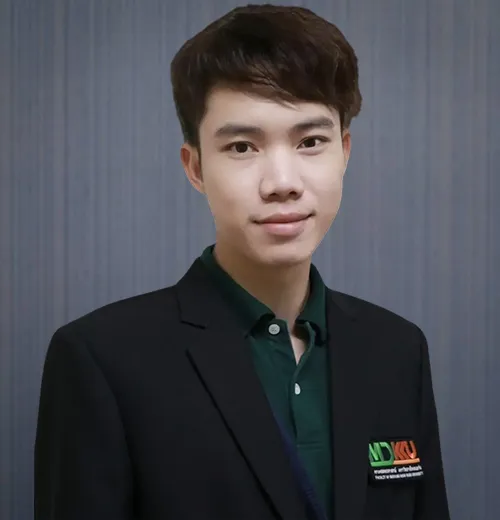About MDKKU
About MDKKU
The Faculty of Medicine, Khon Kaen University (MDKKU) is one of Thailand’s leading medical education institutions. Established in 1972, it has grown to become a center of excellence in medical research, education, and healthcare services. The Faculty offers undergraduate and postgraduate programs in various medical disciplines.
Located in Khon Kaen province in northeastern Thailand, the Faculty is renowned for its commitment to producing skilled healthcare professionals who serve both urban and rural communities. It emphasizes a holistic approach to medical education, integrating clinical training with community-based healthcare initiatives.
The Faculty’s research endeavors cover a wide range of medical fields, addressing local and global health challenges. Collaborative partnerships with international institutions enrich academic and research opportunities for students and faculty members alike.
Overall, MDKKU continues to play a pivotal role in advancing medical knowledge and healthcare standards in Thailand and beyond.
MDKKU establishment began in 1968 when Professor Bimala Kalakicha presented a proposal to establish a Faculty of Medicine to the Khon Kaen University Council. Later, the Khon Kaen University Council proposed to the Thai Government Cabinet to accept the development in principle and a committee was appointed to consider establishment details for the Medical Center on December 27, 1971. The proposal received Cabinet approval and was included in the National Economic Development Council’s “Economic and Social Development Plan No. 3” (1972 – 1976). On August 4, 1972, the Executive Committee of the National Education Council approved the establishment of the Faculty of Medicine, and its establishment was officially announced on September 9, 1972, with Dr. Kawee Tangsubutr as acting Dean of the Faculty of Medicine and Director of the Medicine Center. MDKKU accepted its first-generation medical students in 1974, selecting 16 people from the Faculty of Sciences and Arts. In 1975 MDKKU accepted 44 applicants as the second generation intake. The University received assistance from the New Zealand government for designing and supervising the construction of hospital and teaching buildings. MDKKU began providing outpatient services as Khon Kaen University Hospital in temporary buildings in the Sithan area, with Associate Professor Dr. Nopadol Tongsopit as the first hospital director. On February 19, 1976, His Majesty the King, Her Majesty the Queen, Her Royal Highness Princess Maha Chakri Sirindhorn and Her Royal Highness Princess Chulabhorn Walailak laid the foundation stone for the hospital building, with a royal command for it to be rename as Srinagarind Hospital when construction is completed. Full medical care services were opened in July 1978 by His Majesty the King. His Majesty the King inaugurated Srinagarind Hospital on December 15, 1983.
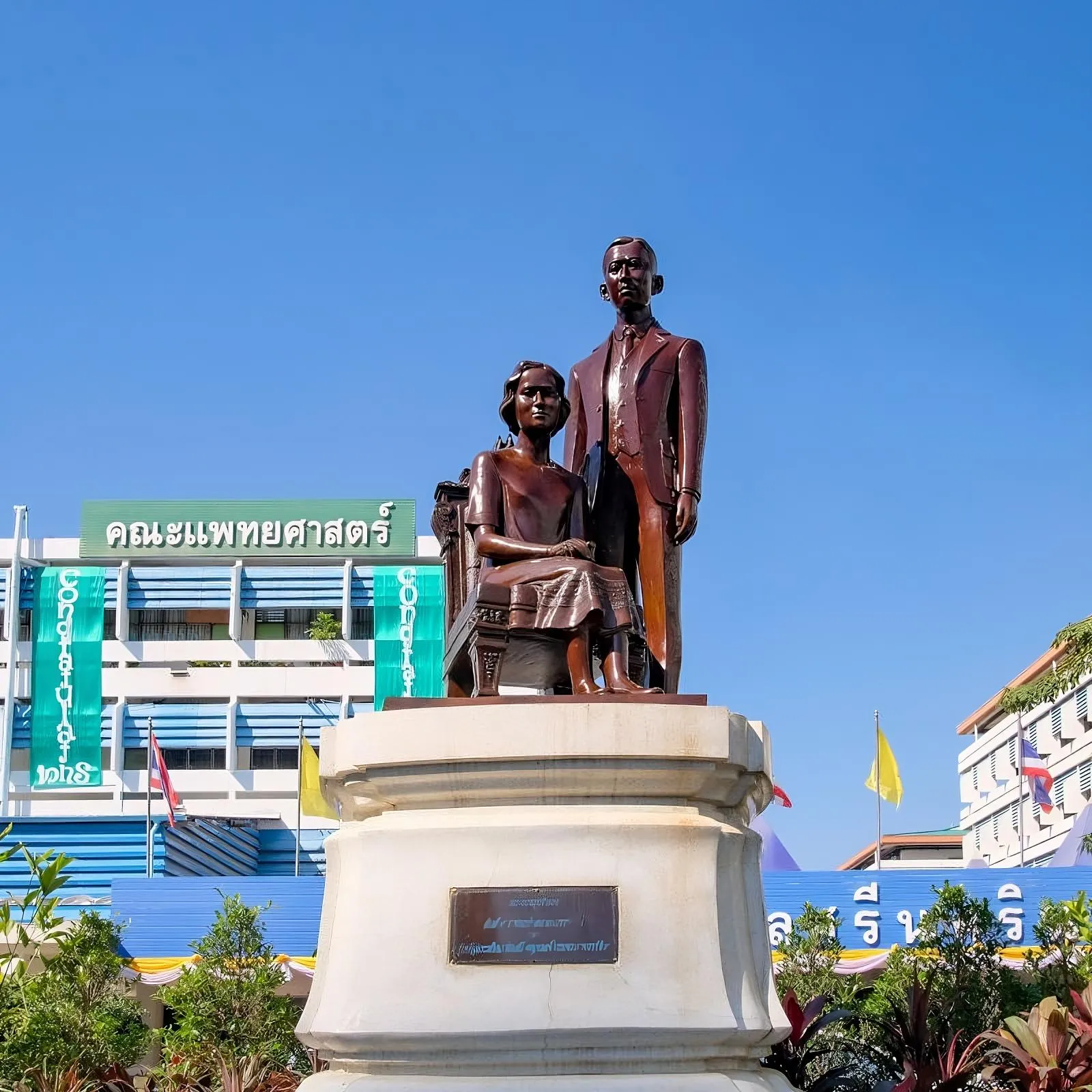
Our Resolution
MDKKU was established to produce general practice and community-health focussed medical graduates to solve the doctor shortage problem in the Northeastern Isaan region. It was intended to become a collaborative research center focussed on priority health problems in its region.
Our Vision
MDKKU is committed to serve as a world class medical school that brings value to Thai society and all mankind.
Our Mission
- To provide academic and medical services and produce medical graduates
- To research and create knowledge for balanced and sustainable development at an international standard
- To preserve Thai arts and culture to create a strong and balanced society
- To perform as a good governance organization
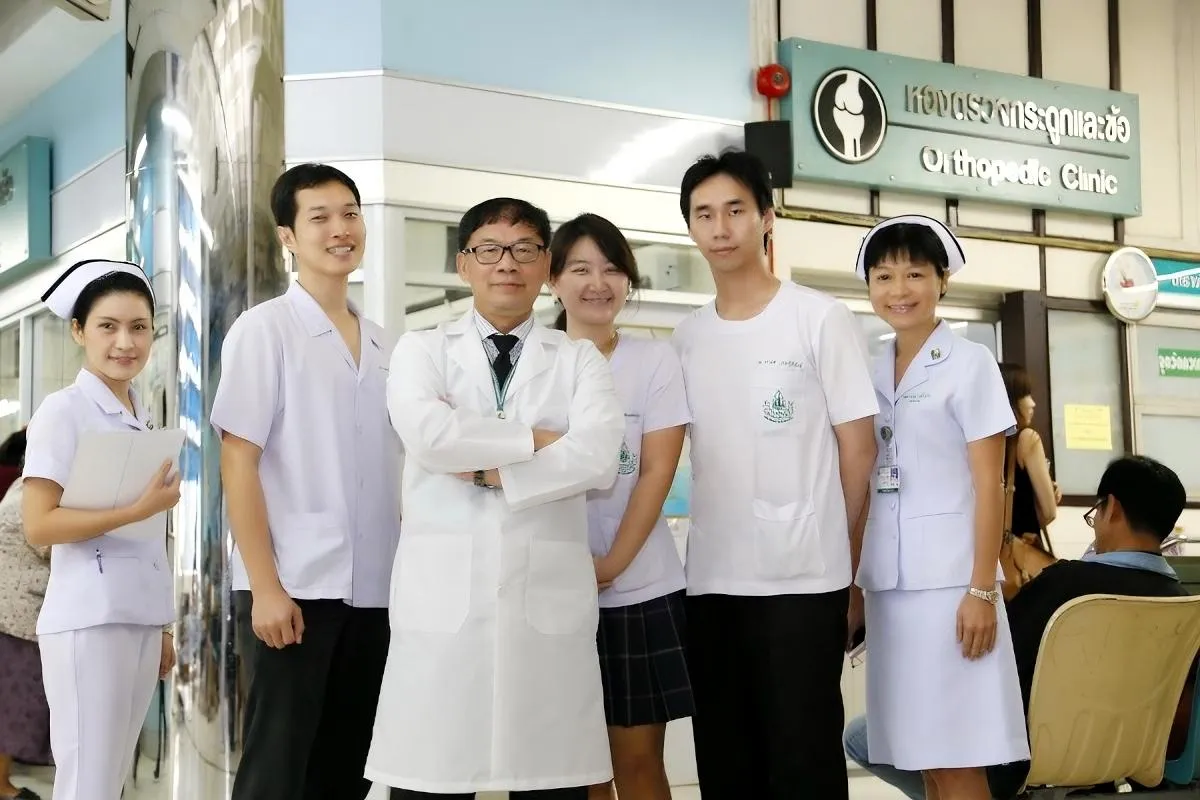
Values : (ACTS)
Agility
- Being quick, agile, and ready to accept change
Customer Target
- Considering all stakeholders in the mission or process
- Considering students’ needs
- Considering patients’ needs
Technology and Innovation
- Focusing on learning and innovative technology to improve work processes for efficiency and effectiveness
- Creating commercial innovations to increase healthcare efficiency and community support
Social Devotion
- Supporting and helping community in both health and social development
- Social responsibility in energy conservation and caring for the environment
Executive and Board of Directors
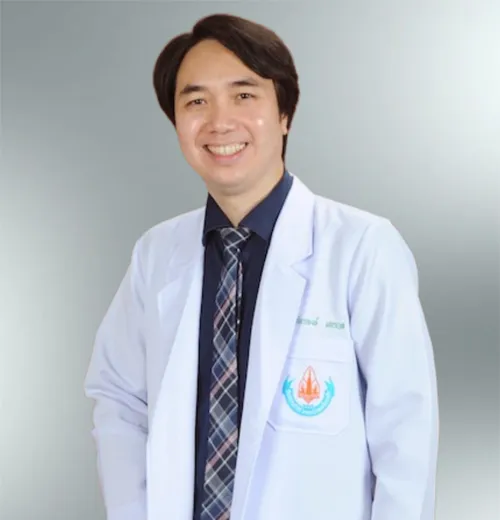
Assoc. Prof. Pattarapong Makarawate, MD, MSc, FHRS
Director
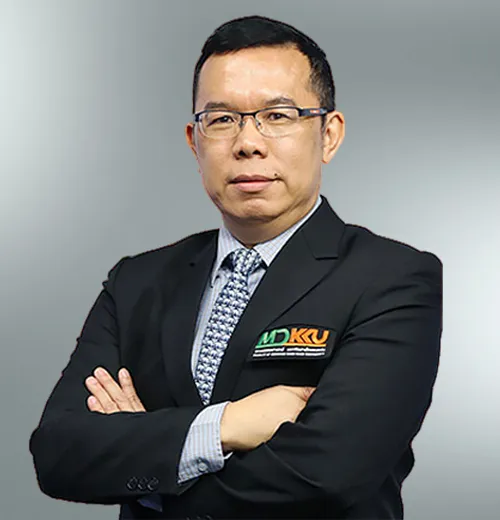
Prof. Somsak Tiamkao, MD

Assoc. Prof. Pattarapong Makarawate, MD, MSc, FHRS
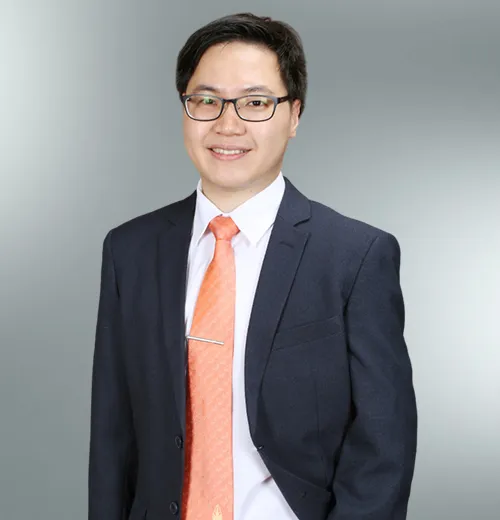
Asst. Prof. Narongrit Kasemsap, MD
Administrations
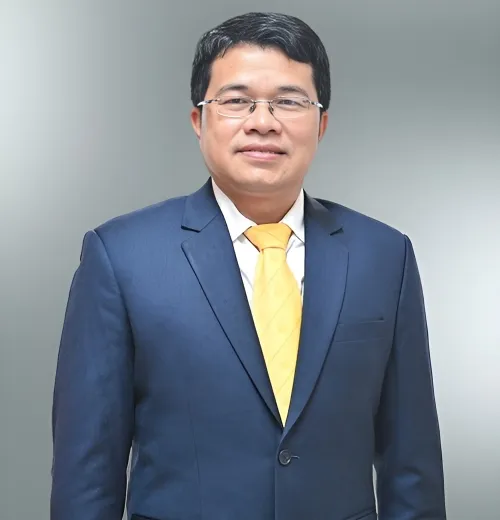
Asst. Prof. Ongart Somintara, MD
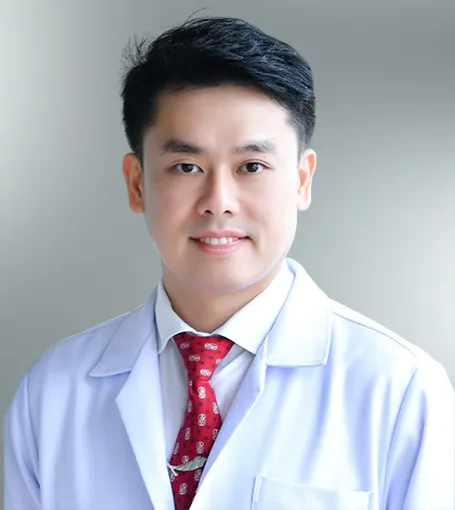
Assoc. Prof. Rit Apinyankul, MD
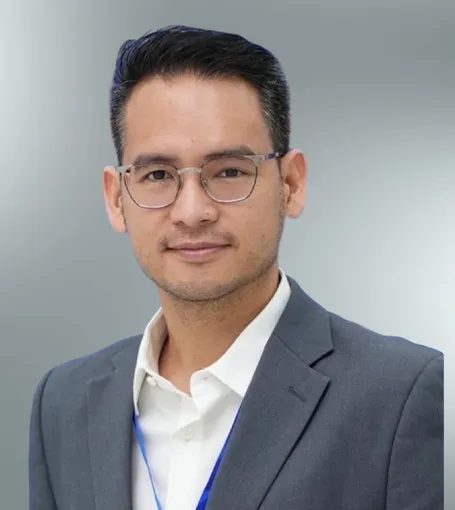
Asst. Prof. Tharatip Srisuk, MD
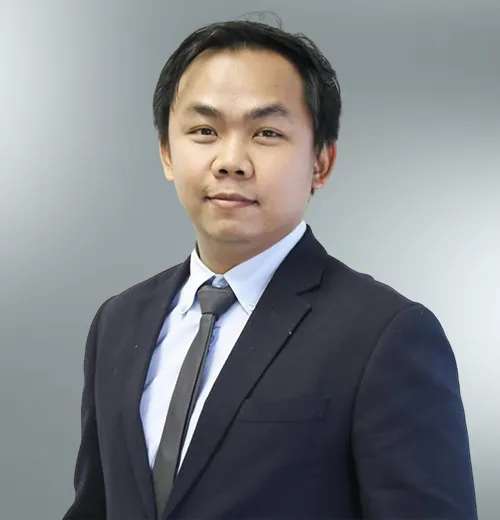
Asst. Prof. Attapol Titapun, MD
Academic Affairs
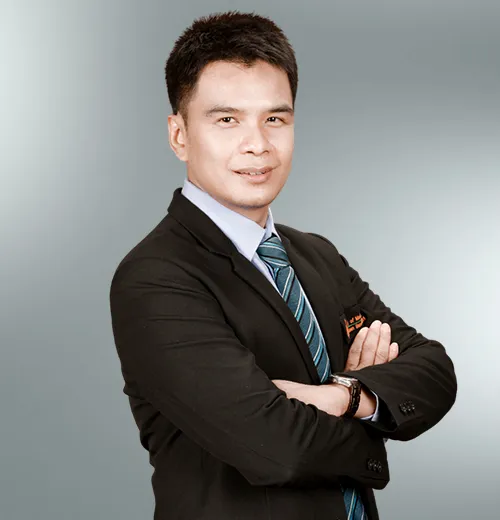
Assoc. Prof. Kosin Wirasorn, MD
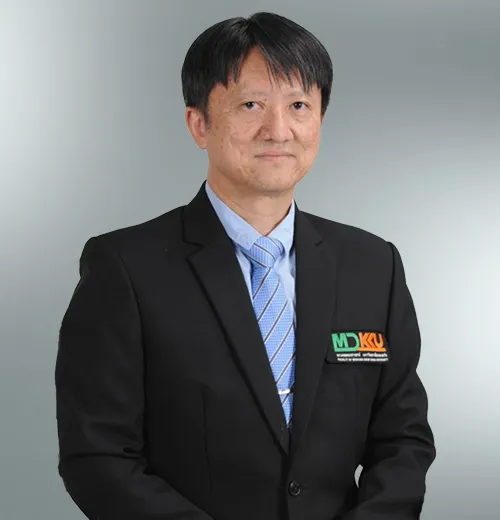
Prof. Thongchai Pratipanawatr, MD
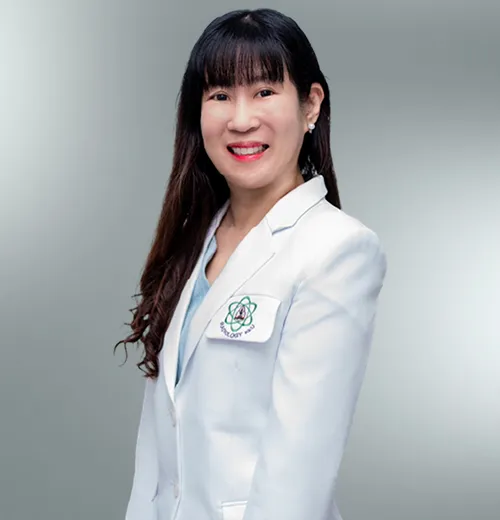
Dr. Nantaporn Wongsurawat, MD
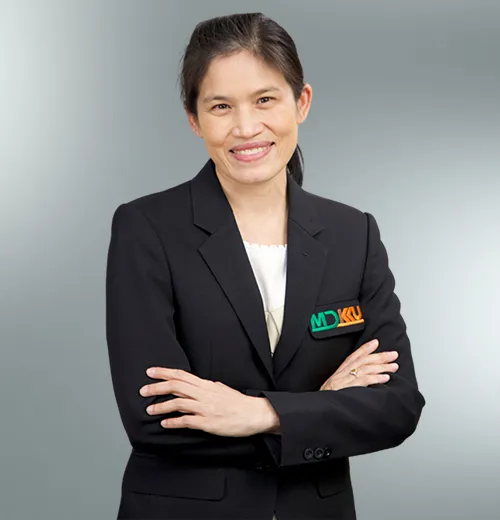
Prof. Panita Limpawattana, MD
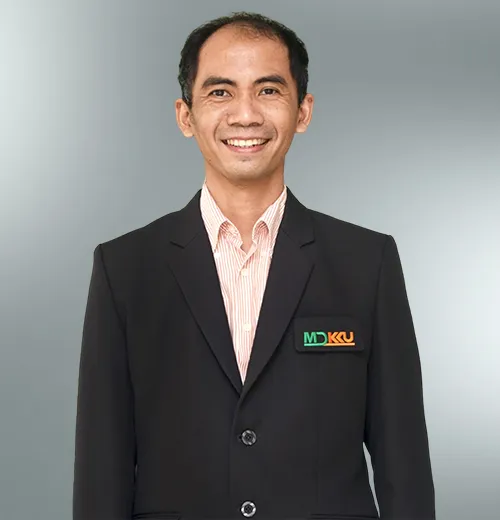
Asst. Prof. Chalongchai Chalemwat, MD
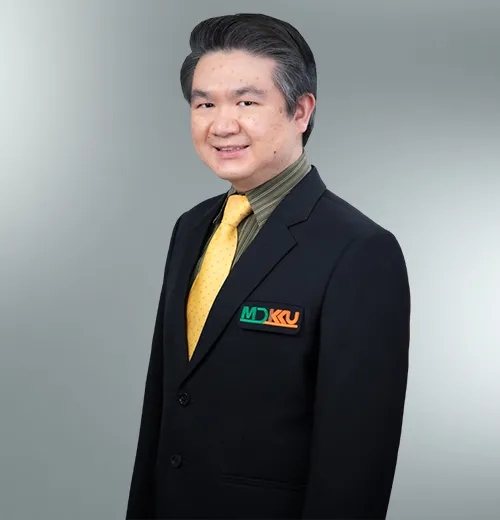
Assoc. Prof. Veeradej Pisprasert, MD

Asst. Prof. Raksawan Deenonpoe, MD
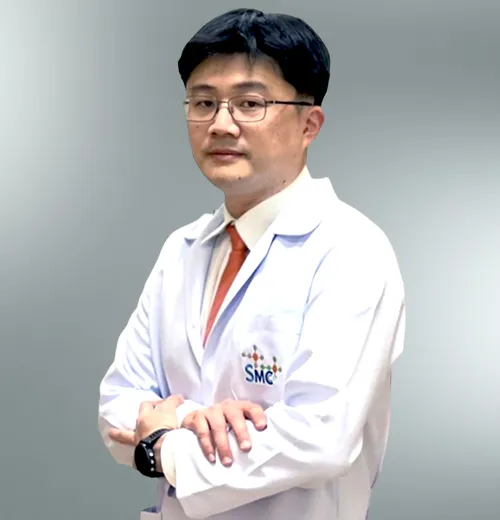
Assoc. Prof. Chalerm Eurboonyanun, MD
Research and Innovation
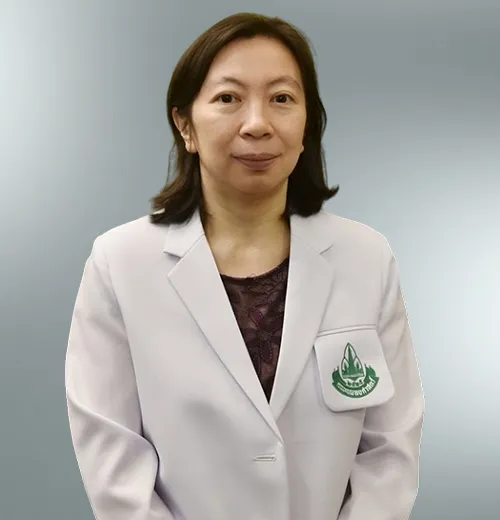
Assoc. Prof. Sirirat Anutrakulchai, MD
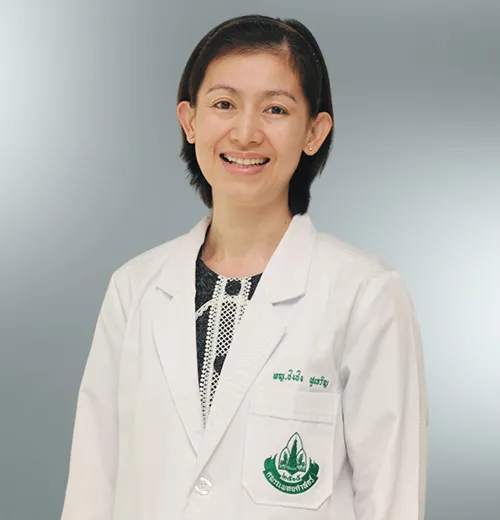
Prof. Chingching Foocharoen, MD
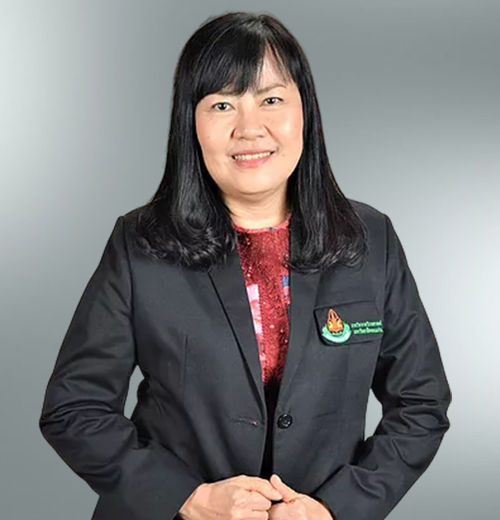
Prof. JariyaAmka Welbat, PhD
Facilities and Environment Management
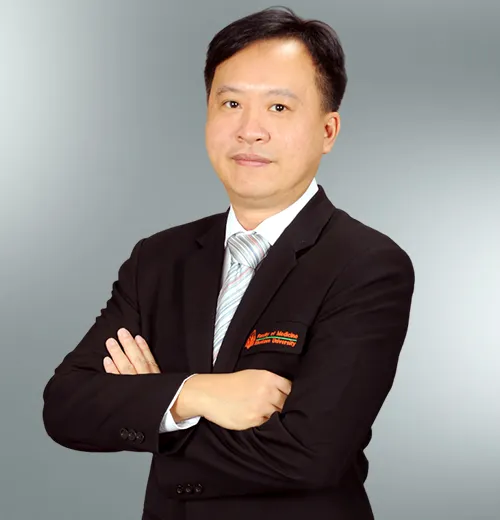
Asst. Prof. Suparit Silarat, MD
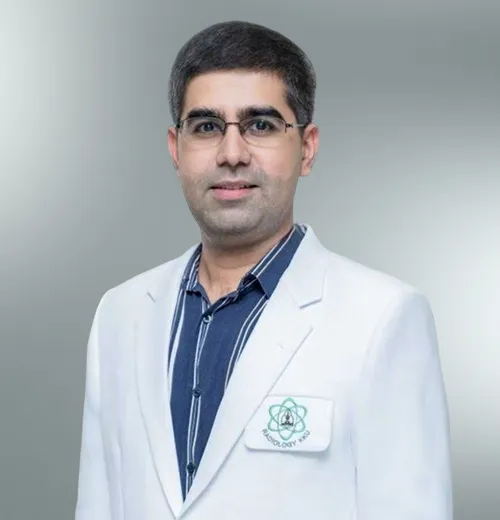
Dr. Anucha Ahooja, MD
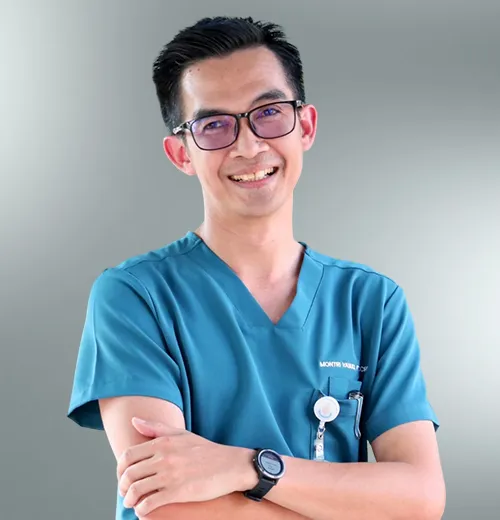
Mr. Montri Yasud
Strategic Planning and Quality Development
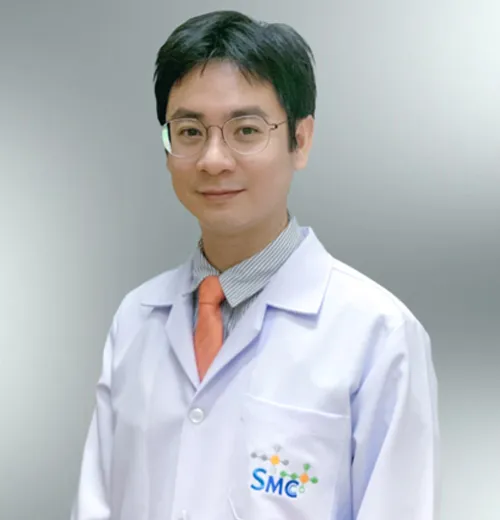
Assoc. Prof. Patorn Piromchai, MD
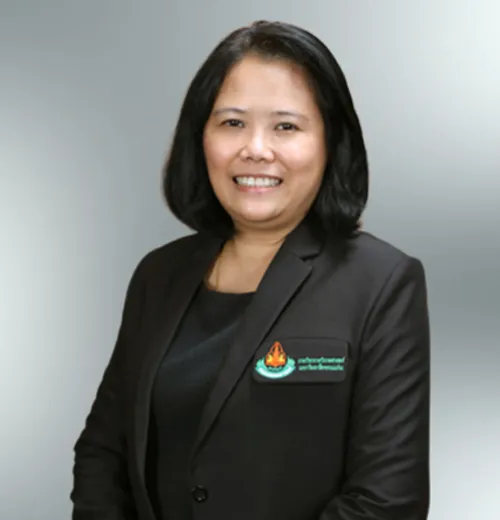
Assoc. Prof. Parichat Prachaney, PhD
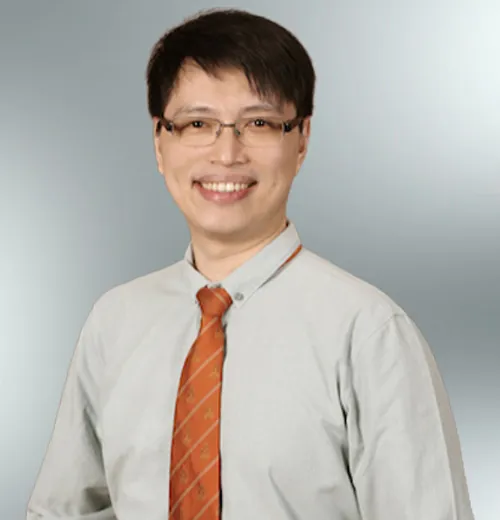
Assoc. Prof. Wunchana Seubwai, PhD
Human Resources
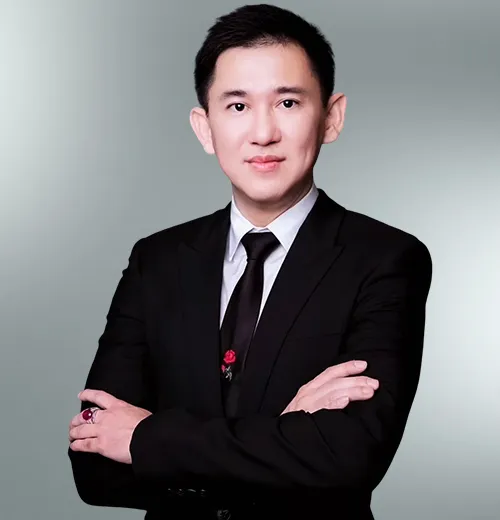
Prof. Olan Suwan-apichon, MD
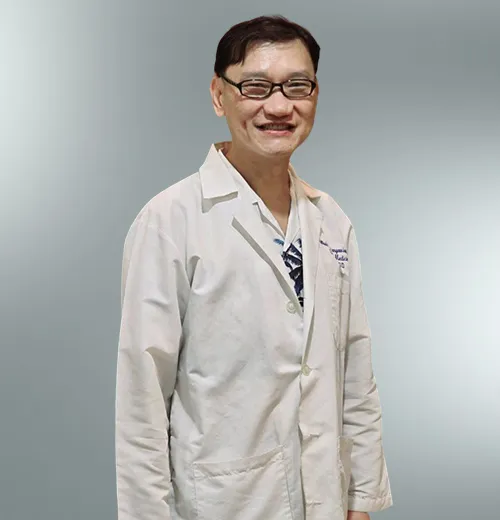
Prof. Kittisak Sawanyawisuth, MD
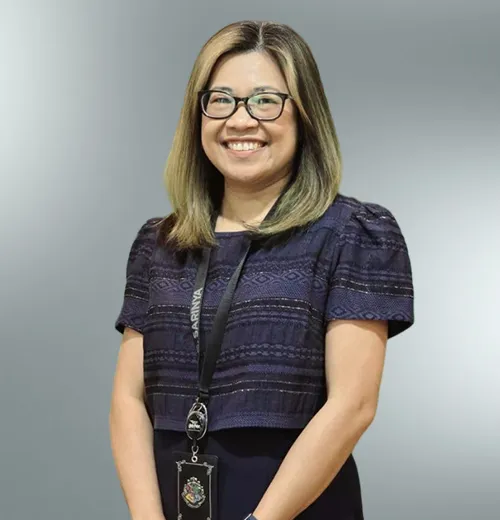
Asst. Prof. Sarinya Chantawong, MD
Student Development
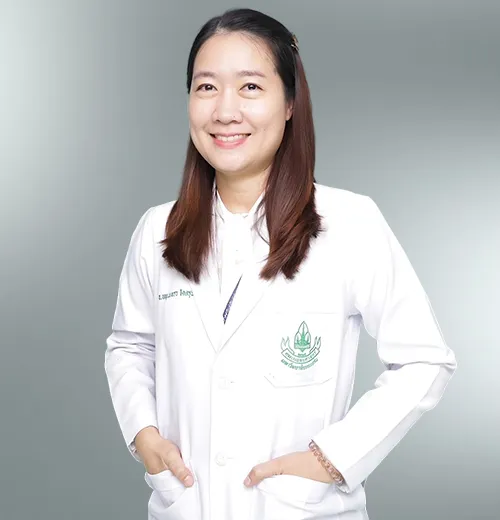
Assoc. Prof. Praew Kotruchin, MD
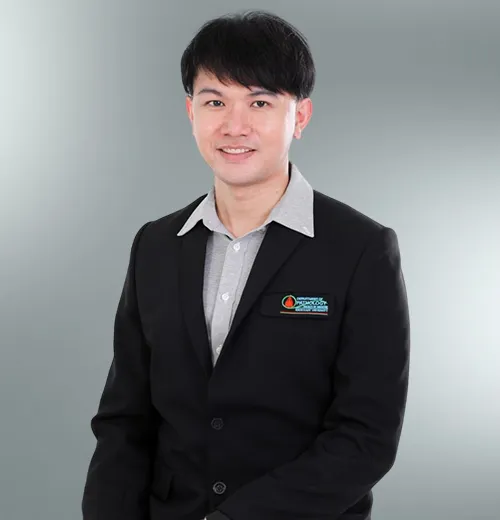
Dr. Prakasit Sa-ngaimwibool, MD

Asst. Prof. Fa-ngam Charoenpol, MD
International Relations and Corporate Communication
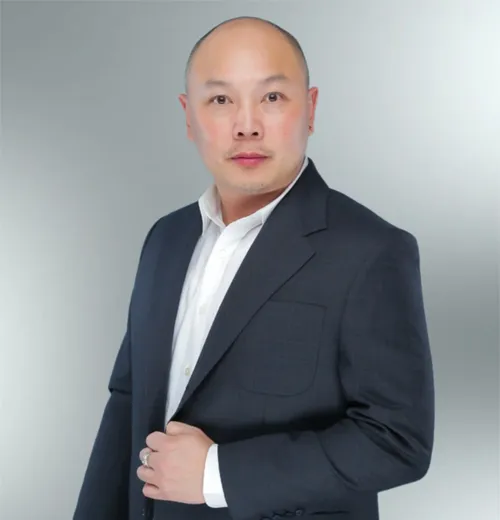
Assoc. Prof. Thuss Sanguansak, MD
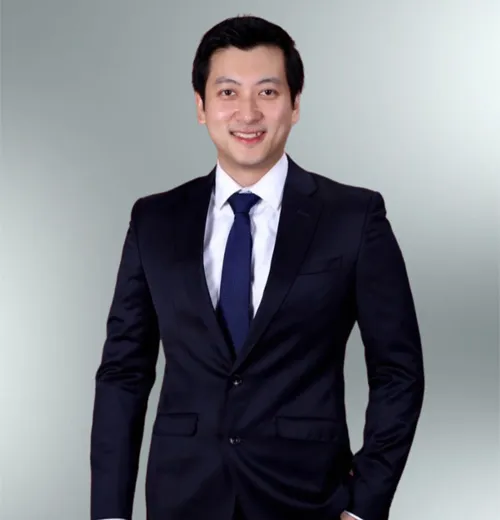
Assoc. Prof. Kiattisak Kongwattanakul, MD
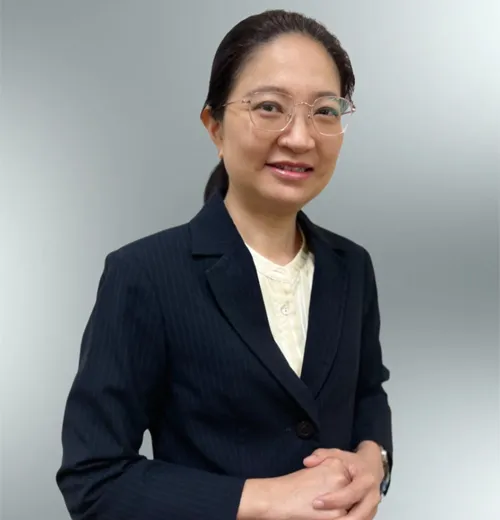
Asst. Prof. Supawan Laohasiriwong, MD
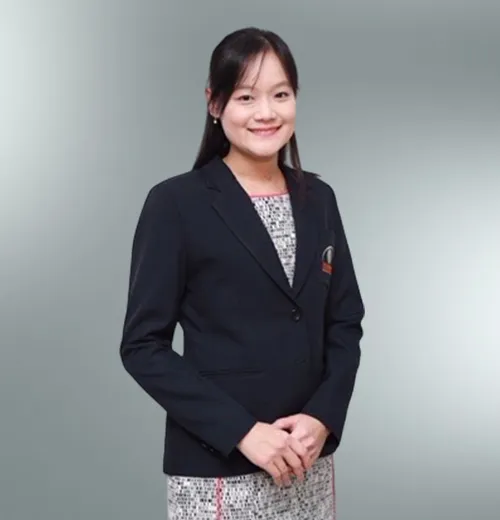
Assoc. Prof. Warachaya Phanphruk, MD, MMSc (Med Ed)
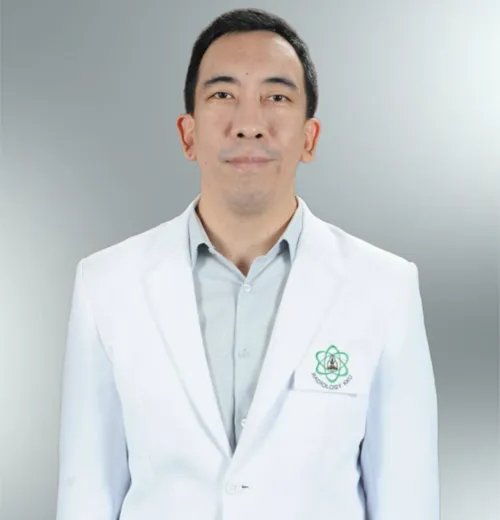
Assoc. Prof. Daris Theerakulpisut, MD
International Relations Office
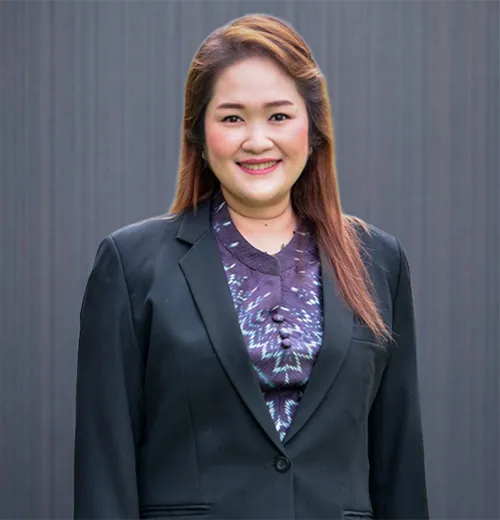
Duangkamol Srisawasdi, BBA, MBA
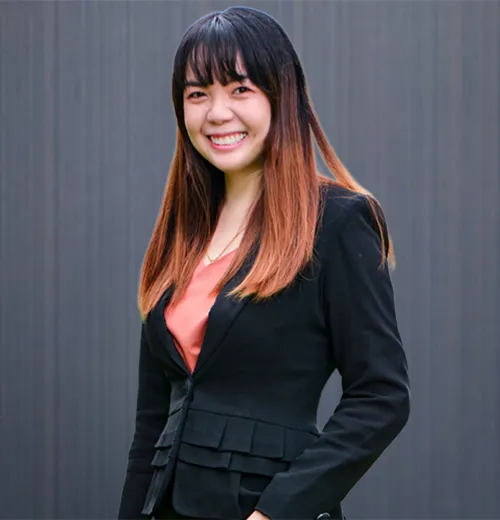
Pawinee Khamlar, BA
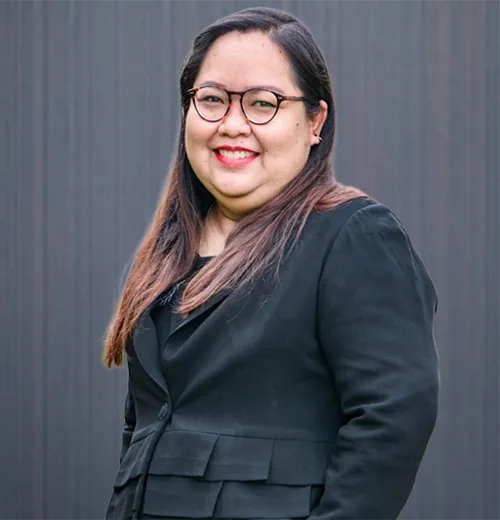
Kanokphorn Hinthao, BA, MPA
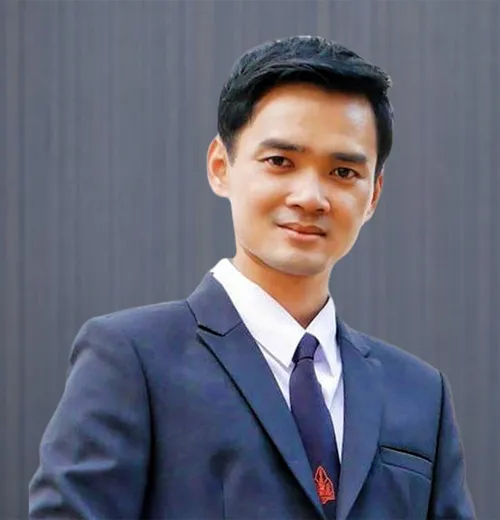
Sathaphorn Onlamun, BA, MEd
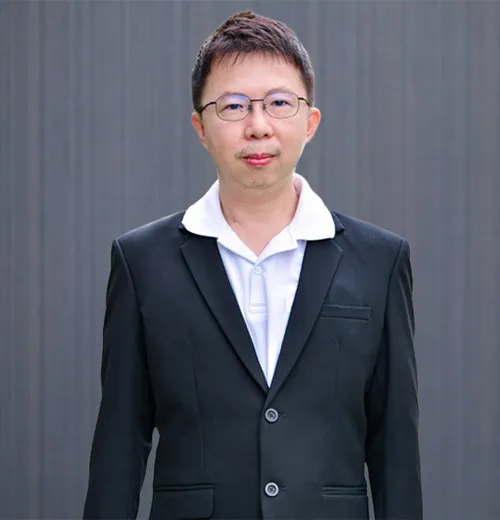
Santipong Hongseangthai, BSc
